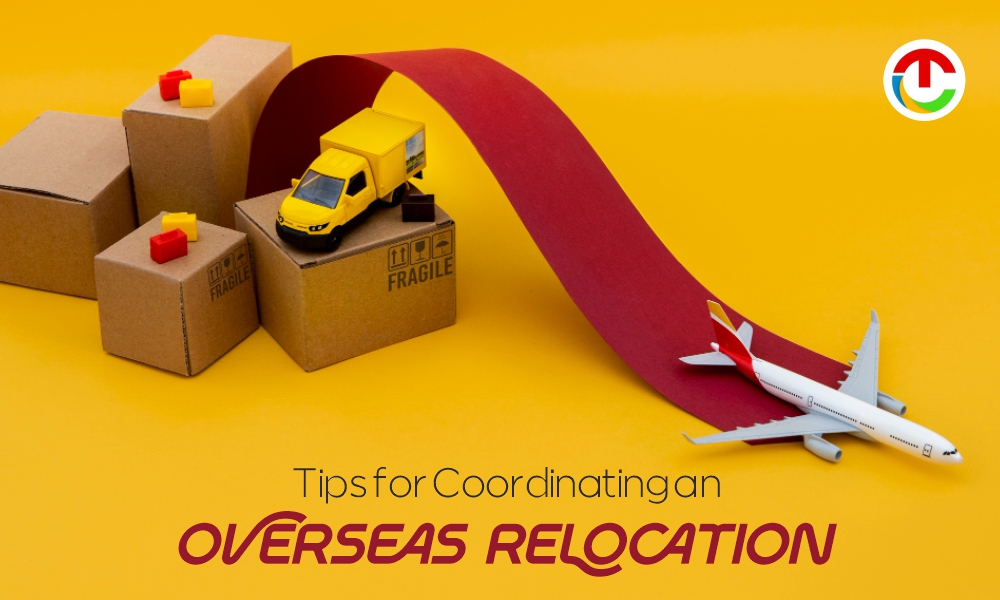The must-have traits of a thriving business franchise. Learn what sets top franchises apart and how you can ensure long-term success.
1. Proven Business Model
A successful franchise is built on a business model that works.
This model is tested, refined, and optimized over time to reduce trial-and-error for new franchisees. It includes pricing structures, supply chains, customer service protocols, and marketing strategies.
When you invest in a franchise, you’re not starting from scratch. You’re adopting a system that’s been through market challenges and emerged profitable.
This drastically lowers the risk compared to launching a new brand. Before joining, review financial performance data and talk to existing franchisees. Ask them if the model lives up to its promises. A consistent track record of profitability across locations is a strong indicator of a reliable framework.
Keep in mind: The model should also offer some flexibility. Markets change. A rigid system can fail when conditions shift. Balance between structure and adaptability is crucial.
Look for a franchise with a history of steady earnings, efficient operations, and scalability. These are the hallmarks of a winning model.
2. Strong Brand Recognition
Brand power matters.
Franchises with an established brand enjoy trust from customers. This trust leads to faster customer acquisition and stronger retention.
Consumers often prefer familiar names over unknown ones. This gives a branded franchise an edge from day one. A well-known brand can reduce your marketing burden. The parent company likely already invests in national advertising. You benefit from their reputation.
However, it’s important to evaluate how the brand is perceived in your local market. A national brand may not always translate to local success. Also, ensure the franchisor protects the brand. Consistency across outlets is key to maintaining public trust. If one location suffers from poor service, the brand as a whole can take a hit.
In short: Choose a franchise with strong, positive brand equity and tight quality control.
3. Ongoing Support from Franchisor
Support should not end after the initial setup.
The best franchisors provide continuous assistance. This includes regular training, marketing updates, supply chain management, and tech support. New challenges arise over time. Having a franchisor that steps in with solutions can save time, money, and stress.
Look for a franchise system that offers:
-
Routine check-ins and audits
-
Updated training programs
-
Regional marketing assistance
-
Product development input
Support quality often defines the long-term success of a franchise unit. Ask existing franchisees about their experience. Do they feel heard and helped?
A committed franchisor is your silent partner. Their systems and people can elevate your results beyond what you could achieve alone.
4. Clear Operational Systems
Systems drive efficiency.
Successful franchises rely on streamlined operations that anyone can follow. This allows consistency across locations and reduces the learning curve. Operations manuals, point-of-sale systems, and workflow checklists should be standardized and easy to implement.
If staff turnover occurs, the systems allow quick onboarding and minimal disruption. Operational clarity impacts everything from inventory management to customer service. It keeps performance predictable and allows for accurate financial forecasting. Before you commit, ask to review these systems. Are they up-to-date? Are they tech-enabled? Can they scale as your unit grows?
Simple, scalable systems are not just helpful—they are essential.
5. Strategic Location and Market Fit
Location can make or break a franchise. No matter how strong the brand, the wrong location can limit growth. Demographics, foot traffic, local income levels, and competition all factor in. The best franchisors conduct market analysis before approving a new site. They should help with location selection and provide area demographics and sales forecasts. Evaluate the local appetite for the product or service. For example, a premium coffee franchise may struggle in a rural area with low average income. Also, assess the saturation level. Too many nearby locations can result in brand cannibalization.
Ensure your franchise fits the neighborhood and fulfills a real need.
6. Commitment from the Franchisee
Success often depends on you the franchisee.
Even with the best systems, brands, and support, you need to show up consistently. The most successful franchisees are hands-on, detail-oriented, and invested in the daily operation.
Traits that help:
-
Willingness to follow proven systems
-
Adaptability to solve local challenges
-
Strong work ethic and leadership
-
Ability to manage staff and customer relations
Passive ownership rarely delivers long-term results unless the franchise model is specifically designed for it. Put in the time, especially during the first 12–18 months. That’s when habits are formed, and culture is set. The more committed you are, the more likely your franchise will thrive.
Importance of Training Programs
- Training ensures consistent performance across locations.
- A strong franchise includes structured training programs for both owners and staff. This covers operations, product knowledge, customer service, and compliance.
- Initial training should be thorough. Ongoing refresher courses are essential to keep teams aligned with new processes and trends.
- A well-trained team provides better customer experiences and operates more efficiently.
- Choose a franchise that treats training as an investment, not a formality.
Role of Technology in Franchise Growth
- Modern franchises leverage technology to scale smarter.
- This includes point-of-sale systems, inventory management tools, marketing automation, CRM software, and more.
- Technology reduces manual work, minimizes errors, and provides real-time insights.
- Ask whether the franchisor offers tech support or integration help. Efficient tech adoption can be a key competitive advantage.
- A tech-forward franchise positions you better for the future.
Important
-
Every trait discussed builds upon the next.
-
Choose a franchise that offers alignment between the brand, systems, and your personal goals.
-
Conduct due diligence. Speak to current franchisees. Read the Franchise Disclosure Document (FDD) carefully.
-
Your investment deserves a structured, scalable, and supportive ecosystem.
Read exclusive interview of aspiring entrepreneurs




